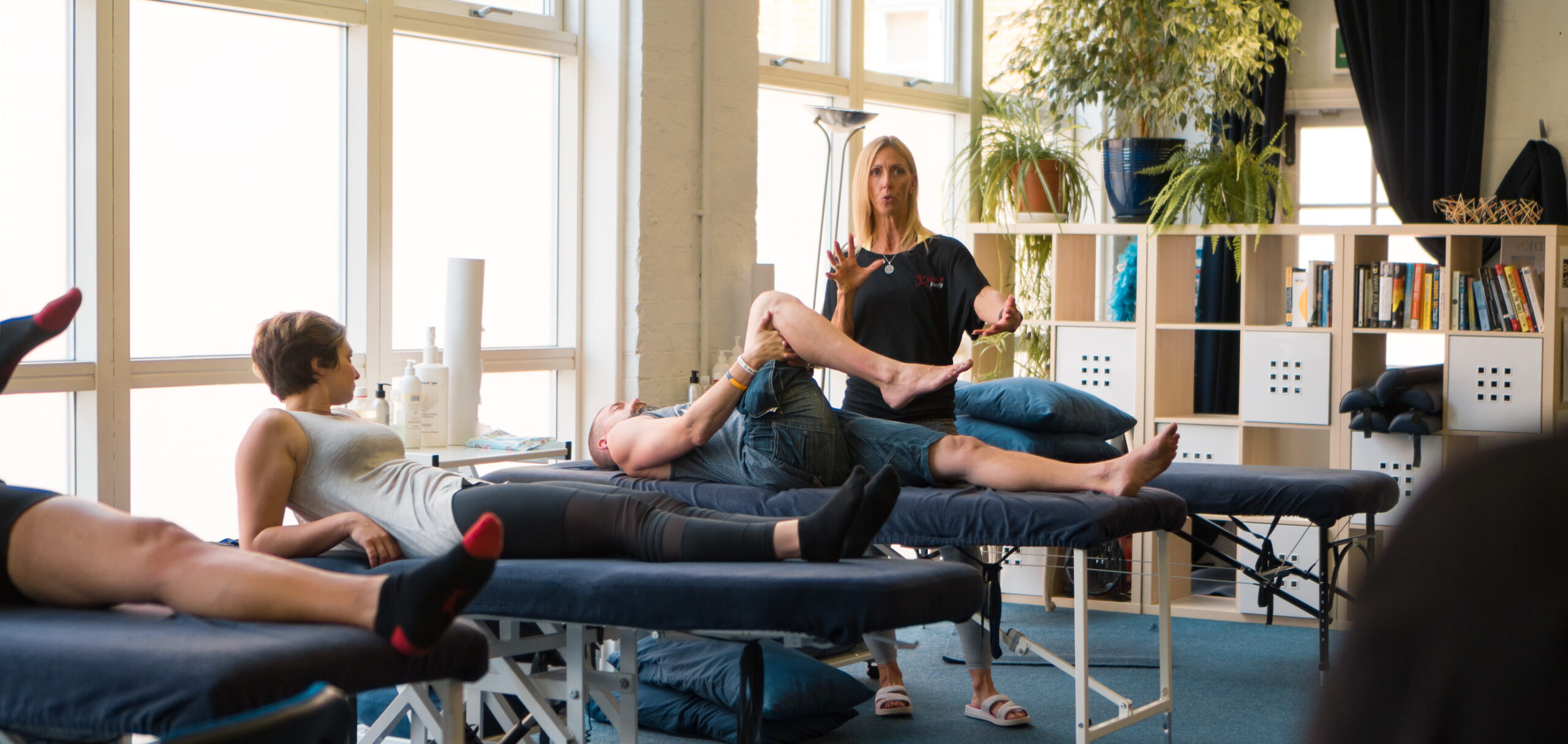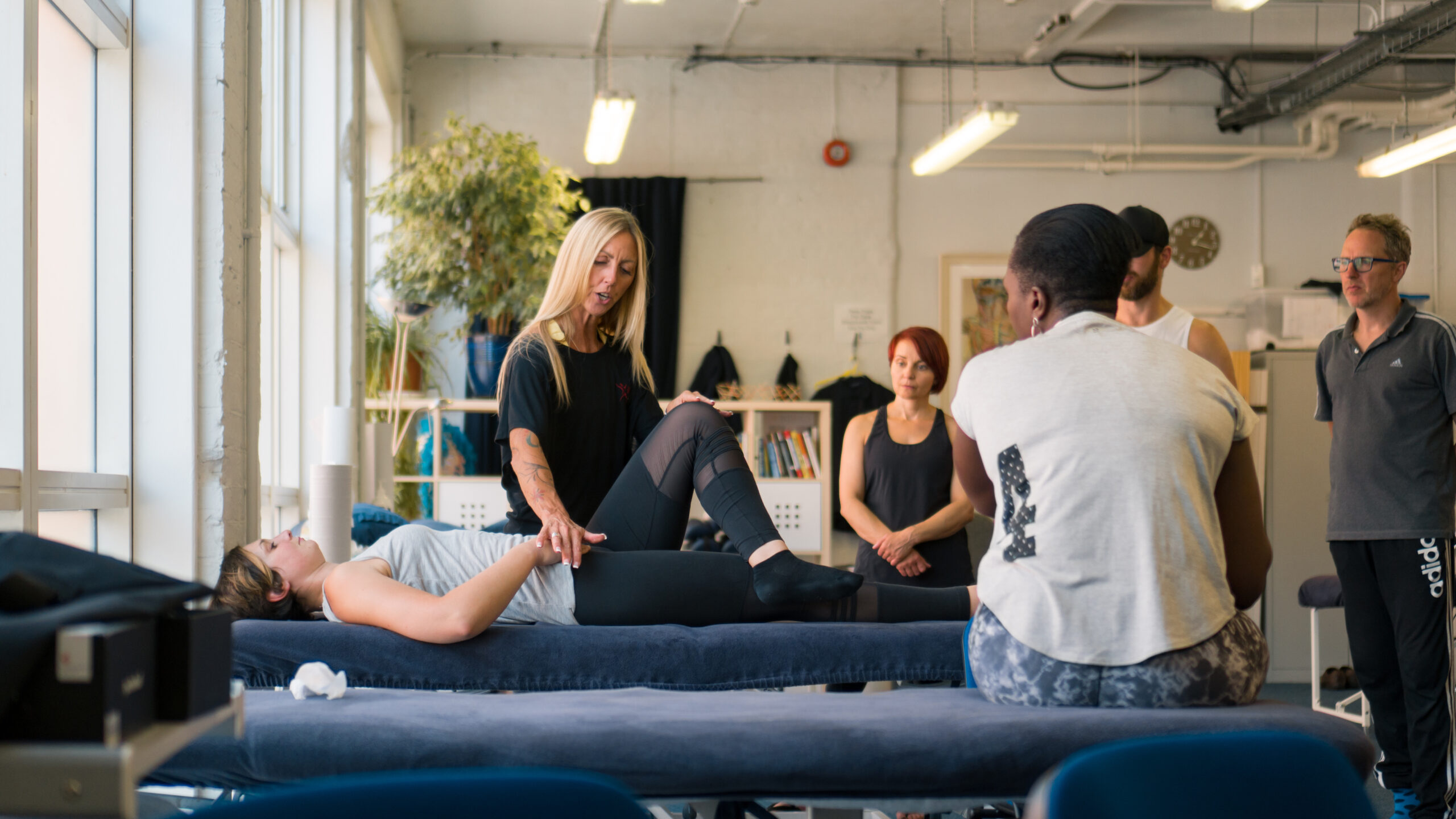



Absolutely. As a personal trainer, sports therapist, biomechanics coach, or anyone working with people in one-on-one or group settings, communication skills can set you apart from the competition. You might have extensive knowledge of strength programming, but without effective communication, your expertise won’t translate into client success.
Consider this: how often do you see highly educated personal trainers struggling to get clients, while someone with minimal qualifications but excellent communication skills is fully booked? This difference often comes down to communication and emotional intelligence.
Communication skills involve the ways we interact with others, which can be visual, auditory, verbal, or kinesthetic, often combining these elements. Humans are incredibly sensitive to emotions conveyed through facial expressions, voice tones, and body language. This sensitivity allows us to communicate a lot through subtle cues.
Even those who are blind can sense emotions through voice tone, understanding mood or feelings. Physical touch also plays a significant role, with evidence showing its power in manual therapy, hugging, or even a simple pat on the back to convey emotion.
In the fitness industry, communication skills are invaluable. A famous sales technique involves lightly touching a customer’s elbow at the point of sale while maintaining eye contact. This establishes a connection, an essential part of providing service, ideas, and motivation as a trainer or coach. If clients don’t enjoy your company, your business is likely to fail.
For manual therapists, touch is a crucial part of the job, and when done with permission, it can enhance the client-trainer connection. Physical assessments offer a professional excuse to connect through touch, adding depth to functional tests beyond mere measurements.
While effective communication can significantly benefit your practice, it can also backfire if misinterpreted. We are highly sensitive to emotional cues, and a misunderstood gesture or expression can lead to negative consequences. Maintaining professionalism and always asking permission helps ensure positive interactions.
Improving communication skills can enhance relationships in all areas of life. Practice and hone these skills to improve interactions, whether in business or personal relationships.
When crafting marketing materials, blog posts, or social media content, imagine you are your customer. Consider their state of mind, knowledge level, and frustrations. By understanding their perspective, you can write more effectively, addressing their concerns and questions as if you were speaking directly to them.
Verbal
Client 1: “What exercise can I do to lose weight?”
PT: “Any” or “Shall I book you in?”
Client 2: “How do I get toned?”
PT: “Eat well and exercise” or “Just lift weights.”
While technically correct, these responses don’t educate or connect with the client. Instead, try:
Client 2 Alternative: “What have you tried so far?” or “Are you new to exercise?” or “What’s your long-term goal?”
Engage clients with questions that show interest and provide tailored advice, enhancing their experience and trust in your expertise.
Focus on positive goals rather than negative ones. Clients often aim to reduce pain or achieve specific physical changes. Empathize with their struggles and guide them towards realistic, positive outcomes.
Sharing personal experiences can build empathy and trust with potential clients. Being honest about your journey, including challenges and successes, can make you relatable. Mindfulness practices can enhance this skill, helping you communicate more effectively in person or through written content.
Listening is arguably the most critical communication skill and often underutilized. Asking the right questions and actively listening to responses can reveal valuable insights into how to best assist your clients. Demonstrate active listening by maintaining eye contact, nodding, and paraphrasing what the client says.
Effective communication extends beyond verbal interactions. Clear, detailed documentation, such as client notes, screening forms, and reports, is crucial for legal purposes and demonstrates your duty of care. This practice also supports your professional credibility and insurance validation.
Communication is a trainable skill that can improve with practice. Here’s a plan to enhance your communication skills:
Step 1: Pick One Aspect to Focus On – E.g., Listening
Concentrate on one area at a time to avoid feeling overwhelmed.
Step 2: Select 1-3 Techniques to Practice
Wait for people to finish their sentences before responding.
Recap what you heard them say in their words.
Ask questions to delve deeper into their responses.
Practice these techniques consistently, reflecting on your progress daily. As these habits become second nature, move on to the next skill.
Never underestimate the power of communication skills. They can significantly improve your success in the fitness industry and beyond. The most successful trainers may not have the highest qualifications but excel in making clients feel valued and understood.
Discover What the Biomechanics Coaching System Could Do for Your Business & Your Clients. Click here to fill in your details and let’s discuss if our diploma is right for you.
